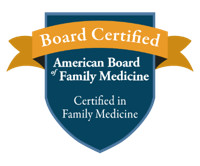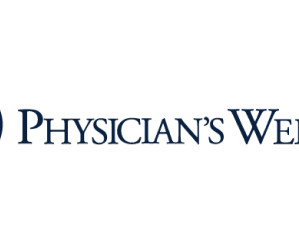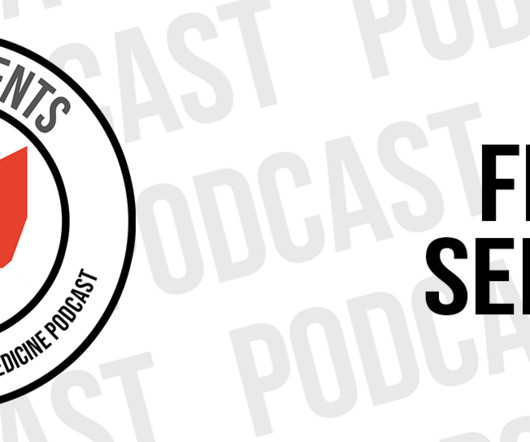Defining Emergency
StorytellERdoc
JULY 10, 2014
I originally wrote this piece in December, 2010. When a critical illness or injury occurs, then, we should all be thankful that we live within a society where emergent, life-saving medical care is available. Lately, though, it seems the system meant to provide this care is being bogged down by questionable decision-making.
















Let's personalize your content